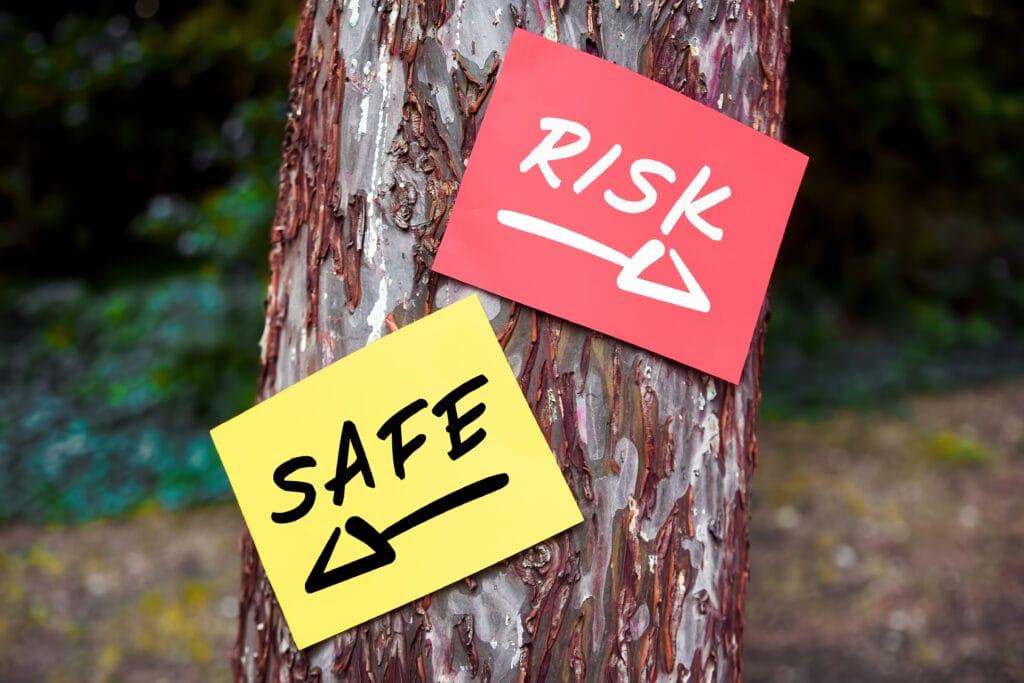
Working Man Stan is bored! Eight hours is a long time to stand around an automobile factory. It is also a long time to look at all the fast cars sitting on the lot just waiting to be driven. A fast ride in a nice car sure would liven up the day.
Co-worker, Reckless Rob, is always up for some fun. When Stan asks if he would like to take one of the new cars for a spin on the test track, Rob jumps at the chance.
Stan and Rob hop in the car and make their way to the test track. Within seconds, they are flying down the track at over 100 mph. Unfortunately, Stan does not have the car-handling skills he thinks he has and soon loses control. They crash the car into a guard rail, and both are injured in the collision.
Generally, an injured worker is not entitled to income and medical benefits under the Georgia Workers’ Compensation Act if his injury is due to his own willful misconduct. O.C.G.A. § 34-9-17(a). The Employer/Insurer bear the burden of proving the employee acted with such willful misconduct as would bar his/her recovery of workers’ compensation benefits. Borden Co. v. Dollar, 96 Ga. App. 489 (1957).
To assert this affirmative defense, the Employer/Insurer must prove more than just the injured worker’s poor decisions or haphazard behavior. It is insufficient to prove negligence or even gross negligence. Rather, the Employer/Insurer must also prove that the injured worker’s conduct was willful and intentional and that he/she acted either with the knowledge that his/her actions were likely to result in serious injury, or with a wanton and reckless disregard of the probable consequences of his/her actions. Chandler Telecom, LLC v. Burdette, 300 Ga. 626 (2017).
Additionally, the Employer/Insurer must show that the willful misconduct was a proximate cause of the injury. Bloodworth v. Continental Ins. Co., 151 Ga. App. 576 (1979). Even if the injured worker was engaged in willful misconduct, such as the horseplay in our scenario, an Employer/Insurer may still be liable if the injured worker’s misconduct did not cause the accident.
In our scenario with Stan and Rob, the facts arguably show willful misconduct. Taking the car out on the test track, where neither employee should have been, and driving in excess of 100 mph was an intentional act. Stan could be shown to have acted with wanton and reckless disregard of the probable consequences of his actions, and Rob was a willing passenger. In this scenario, the State Board should have sufficient proof to deny income and medical benefits to both workers under the Georgia Workers’ Compensation Act.
Let us change the scenario a bit and assess the change in the Employer/Insurer’s liability. Suppose that instead of seeking entertainment with Reckless Rob, Stan sought out Sensible Sandy. Stan knows Sandy would never get in the car if he told her they were taking it out onto the test track to see how fast it would go. Instead, he tells her that he will take her to the main office and buy her a snack from the vending machine. Sandy agrees to go.
On the way to the main office, Stan takes a sharp turn onto the test track. “Where are we going?”, asks Sandy. Stan tells her he has been eyeing this car, and he wants to see how fast it will go. Sandy, being sensible, tells Stan to let her out, but Stan refuses. He takes off down the track, with her as an unwilling passenger, and collides with the guard rail.
The Employer/Insurer should still have a willful misconduct defense as it relates to Stan. He willfully engaged in misconduct in reckless disregard of the probable consequences of his actions. The situation, however, is different for Sandy. She should receive benefits under the Georgia Workers’ Compensation Act. Unlike Rob, she was not a participant in the misconduct and was essentially a victim of her co-worker’s willful misconduct. As such, she should be entitled to benefits.
As this case analysis shows, the question of whether an injured worker is guilty of willful misconduct as would bar his recovery of workers’ compensation benefits is a very fact-specific analysis for the Administrative Law Judge. The burden is on the Employer/Insurer to prove this affirmative defense, and it is important for them to gather all facts surrounding the event, including any that may show the injured worker’s motivation for his conduct. Given the complexity and high stakes of asserting a defense of willful misconduct, consulting an experienced attorney is crucial to building a meaningful defense.
